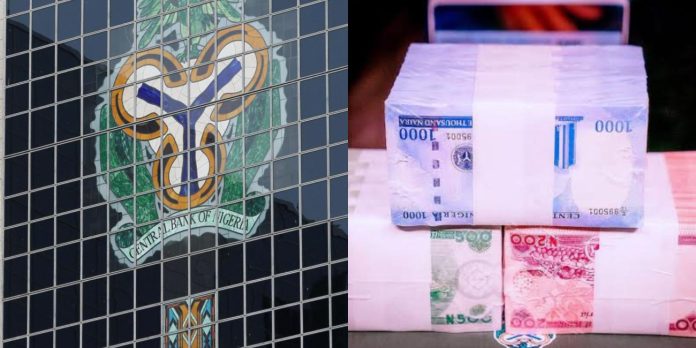In order to preserve the integrity of the court, the plaintiff sought that the court takes action against the respondent in a notice of noncompliance with the court order issued on February 8.
The old 200, 500, and 1000 naira notes are still recognized as legal tender in Nigeria, the Supreme Court declared on Wednesday.
This information was provided by the supreme court as it reinstated its ruling prohibiting the Nigerian government and its agencies from carrying out the February 10 deadline.
In response to a complaint from Abdulhakeem Mustapha (SAN), a counsel for the states of Kaduna, Kogi, and Zamfara, the court provided the clarification. Mustapha claimed that the Federal Government and its agencies had disobeyed the judgment and had reportedly ordered the rejection of the old notes.
Mustapha claims that in order to preserve the integrity of the court, the plaintiff sought that the court take action against the respondent in a notice of noncompliance with the court order issued on February 8.
He added: “That order has been flouted by the government. We are talking of executive lawlessness here. We have filed an affidavit to that effect…We want the court to renew the order for parties to be properly guided.”
Justice John Okoro, who presided over a seven-member panel of the court, asked Mustapha to file a proper application to put forward his complaints and to enable the respondent respond appropriately.
Justice Okoro said there was no need for a renewal of the court’s order.
“We made point in the court that the court order on February 8 is still effective and still subsisting and I’m here to confirm that, and the implication of that is that the old notes still remain as legal tender and the policy or directive given by the CBN governor becomes inconsequential in light of the fact that the court has extended the lifespan of the old notes,” Mustapha said while speaking to reporters in Abuja after the Supreme Court adjourned the case to February 22.
“That is the situation as of right now, and any other step contrary to that will be in contravention to the order of the court.”
On Wednesday, nine more state governments joined the lawsuit to contest the validity of the Naira swap scheme implemented by the Nigerian government through the CBN.
The attorneys general of Katsina, Lagos, Ondo, Ogun, Ekiti, Cross River, and Sokoto States were joined as co-plaintiffs by a seven-member Supreme Court panel chaired by Justice John Okoro, while the attorneys general of Edo and Bayelsa States were joined as co-respondents.
The interim injunction the plaintiffs were granted on February 8 that the old Naira notes continue to be legal tender in the country was upheld by the supreme court, which instead postponed the case’s hearing until February 22.
On Wednesday, nine more state governments joined the lawsuit to contest the validity of the Naira swap scheme implemented by the Nigerian government through the CBN.
Justice John Okoro presided over a seven-member Supreme Court panel that joined the attorney country.
The Attorney-General of the Federation and the Minister of Justice were also directed by the court to alter the previously filed processes to reflect the new parties.
Remember that the former Naira Notes of N200, N500, and N1000 ceased to be legal money in Nigeria as of February 10, 2023, according to the Central Bank of Nigeria (CBN).
Exclusive: To ease the shortage of naira notes, the Nigerian Central Bank disperses mutilated N20 and N50 notes in large quantities.



